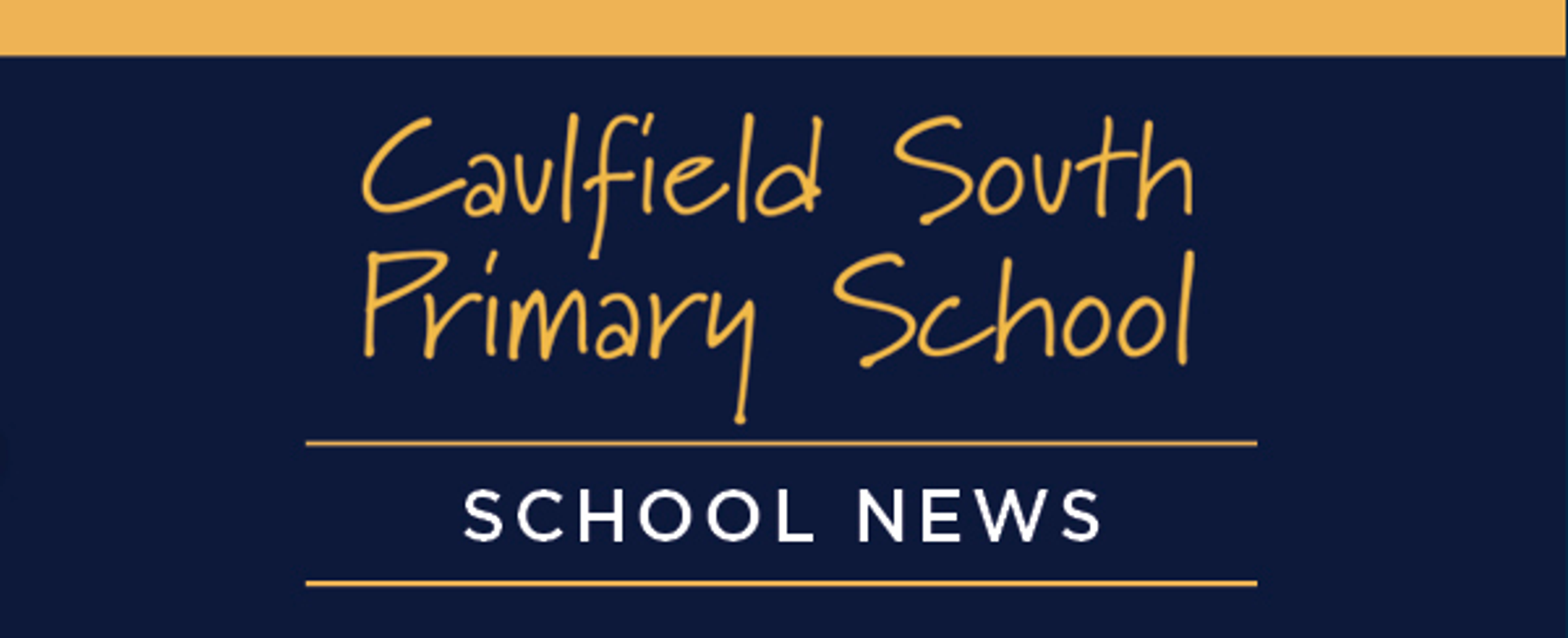Assistant Principal's Report
Georgia Despotellis

Assistant Principal's Report
Georgia Despotellis


Welcome back to Term 2 2024! I trust everyone had a lovely break and enjoyed spending some quality time with family and friends. My husband and I managed to get away for a week and enjoyed some lovely scenery and beautiful views as we walked along the Brisbane River, along the coast in Noosa and around the lagoon at Twin Waters, Sunshine Coast.
This week we welcomed two new staff members to our team, Mark Railakis and Nick Riley. Mark is joining the Education Support (ES) team and Nick will be teaching 1C fulltime for the rest of the year.
We also welcomed 4 new students (3 families) to our school.
Prep, Year 1 and Year 2 swimming commenced today. I would like to acknowledge that the timing of swimming this year is not ideal, with the Anzac Day Public Holiday forcing the lessons to impact two weeks and the conflict with Passover/Pesach.
Below are some photos of our new teacher, Nick Riley, in action. As you can see, these photos were taken early in the week and showcase that it was straight to business for us at CSPS!






Wellbeing
We begin the term by having a deep dive into Problem Solving.
Developing, strengthening and nurturing problem solving skills is important for wellbeing as it helps children to cope with challenges/problems as they arise. It also helps to develop a child’s independence, resulting them to grow into confident and responsible adults. It has the added benefit of having positive impacts on relationships as well.
Every time a child asks a question, that is a perfect opportunity for them to understand and engage with the world more deeply. Play is important and key to improving problem solving skills. Through games and activities, such as puzzles and building blocks, children learn to think both critically and creatively. We can assist children by helping them to identify the specific problem (cause) rather than focusing on the consequence of the problem. When dealing with interpersonal problems, teach your child to take responsibility for what happened rather than levelling accusations, such as ‘Sam got me in trouble today’, help your child to say, ‘I got in trouble today as I was fighting with Sam’. Once a child can identify the exact problem, they will be in a better position to come up with solutions themselves, although they may require some prompting to begin with. You may assist by helping your child to brainstorm ideas and/or asking questions to prompt responses to obtain the desired outcome. With older children, we can ask questions to get them thinking about the consequences of implementing their solutions and encouraging them to consider if the solution is fair to others and how it might make others feel.
Our aim is to have our children eventually learn to look for solutions on their own, as we know that as they grow older, the variety and complexity of problems only increases.
Some suggestions of activities for students in Years 5 and 6.


Please see link to access activities for students in other year levels.
parents-wellbeing-activities-primary.pdf (education.vic.gov.au)
Georgia Despotellis
Assistant Principal